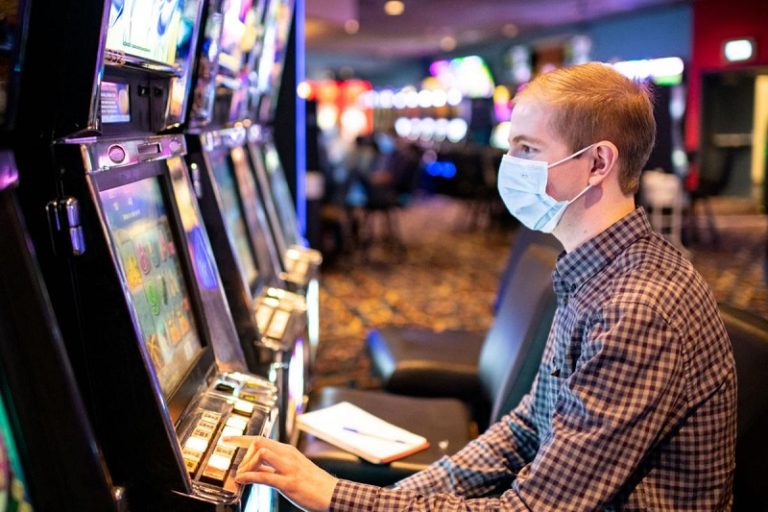Lottery games are one of the most popular forms of gambling in the world, with millions of players spending billions of dollars every year. While there is a potential for great financial reward, there is also a potential for psychological effects. Playing the lottery can have a significant impact on a person’s mental health and well-being, and it is important to understand both the positive and negative impacts of this type of gambling. This introduction will explore the psychological effects of playing the lottery, looking at the potential benefits as well as the potential risks of playing. This article will explore the psychological effects of playing lottery games.
- Thrill of Winning:
The primary psychological effect of playing lottery games is the thrill of winning. People are drawn to the lottery because of the potential to become a millionaire in an instant. This feeling of excitement and anticipation can be incredibly powerful and can lead to an obsessive pursuit of the next big win. Lottery players can also experience secondary psychological effects such as hope, optimism, and a sense of control over their financial future. Playing the lottery can also be seen as a form of escapism and can provide a sense of relief from the stress of everyday life. It can also be a form of entertainment and provide a distraction from other problems.
Some people may experience psychological distress if they become addicted to playing the lottery and fail to control their behavior. This can lead to financial problems and other negative consequences. If you have any doubts, https://www.parkingpermits.portsmouth.gov.uk/ visit to clarify those doubts.
- Fear of Loss:
Another psychological effect associated with playing the lottery is the fear of loss. People may be uncomfortable with the idea of gambling with their hard-earned money, and this fear can lead to feelings of anxiety and dread. This fear of loss can make it difficult to enjoy the thrill of the lottery and can lead to compulsive behavior.
- Illusion of Control:
The lottery also provides players with a false sense of control. People may feel as though their chances of winning are greater than the actual odds, leading them to invest more money in the hopes of a big payout. This illusion of control can lead to excessive gambling and can have devastating consequences.
- Hope of Change:
Many people play the lottery in the hopes of changing their lives. People are drawn to the idea of a quick fix and may view playing the lottery as a way to escape their current situation. While winning the lottery can certainly provide a life-changing experience, the odds of winning are slim and the psychological effects of playing can be damaging.
Conclusion:
Playing the lottery can have some powerful psychological effects. The thrill of a potential win can be addictive, and the fear of loss can lead to compulsive behavior. Additionally, the illusion of control and the hope of change can make it difficult to control the urge to play. It is important to recognize the potential psychological effects of playing the lottery and to play responsibly.














